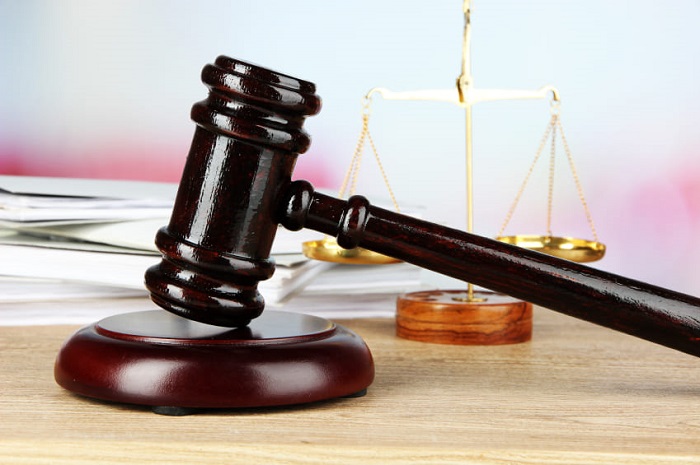Debt collection in Georgia follows specific guidelines and regulations aimed at protecting both debtors and creditors. Whether you’re an individual or a business dealing with unpaid debts, understanding the process is crucial. This article provides an overview of debt collection in Georgia, highlighting key aspects and legal considerations.
Legal Framework for Debt Collection in Georgia
Debt collection in Georgia is primarily governed by state laws, including the Georgia Fair Business Practices Act and federal laws such as the Fair Debt Collection Practices Act (FDCPA). These laws set forth rules that debt collectors must follow to ensure fair treatment of debtors.
Steps Involved in Debt Collection in Georgia
- Initial Contact
- Debt collection typically begins with an initial contact from the creditor or a debt collection agency. This contact can be made through phone calls, letters, or emails. It serves to notify the debtor of the outstanding debt and to seek payment.
- Verification of Debt
- Upon request from the debtor, the debt collector is required to provide verification of the debt. This includes details such as the amount owed, the original creditor, and verification that the debt collector has the legal authority to collect the debt.
- Cease and Desist Rights
- Debtors in Georgia have the right to request that debt collectors cease further communication. If a debtor sends a written cease and desist letter to the debt collector, they must stop contacting the debtor, except to notify them of specific actions, such as legal proceedings.
- Legal Actions
- If the debt remains unpaid despite attempts to collect, creditors may pursue legal action. This can include filing a lawsuit in a Georgia court to obtain a judgment against the debtor. Once a judgment is obtained, creditors have legal means to enforce repayment, such as wage garnishment or bank levies.
Statute of Limitations
It’s important to note that debt collection in Georgia is subject to a statute of limitations. This limits the amount of time creditors or debt collectors have to file a lawsuit to recover a debt. In Georgia, the statute of limitations for most debts is six years from the date of the last payment or acknowledgement of the debt. After this period, creditors cannot legally enforce payment through the court system.
Legal Protections for Debtors
Debtors in Georgia are protected by various laws that prohibit abusive or unfair debt collection practices. Under the FDCPA and state laws, debt collectors are prohibited from:
- Harassing or threatening debtors.
- Using deceptive practices to collect debts.
- Contacting debtors at inconvenient times or places.
- Disclosing information about the debt to third parties without permission.
Debt Collection Agencies in Georgia
Debt collection agencies operating in Georgia must be licensed by the state and comply with all applicable laws and regulations. They must also adhere to guidelines set forth by the Georgia Department of Law, which oversees debt collection practices within the state.
Conclusion
Navigating debt collection in Georgia requires understanding the legal framework, rights, and responsibilities of both debtors and creditors. By following proper procedures and respecting legal boundaries, creditors can effectively recover outstanding debts while upholding fair practices. For debtors, knowing their rights can help protect them from abusive or unlawful debt collection tactics. Whether you are involved in debt collection as a creditor or debtor in Georgia, awareness of the laws and regulations is essential for a smooth and lawful process.
















